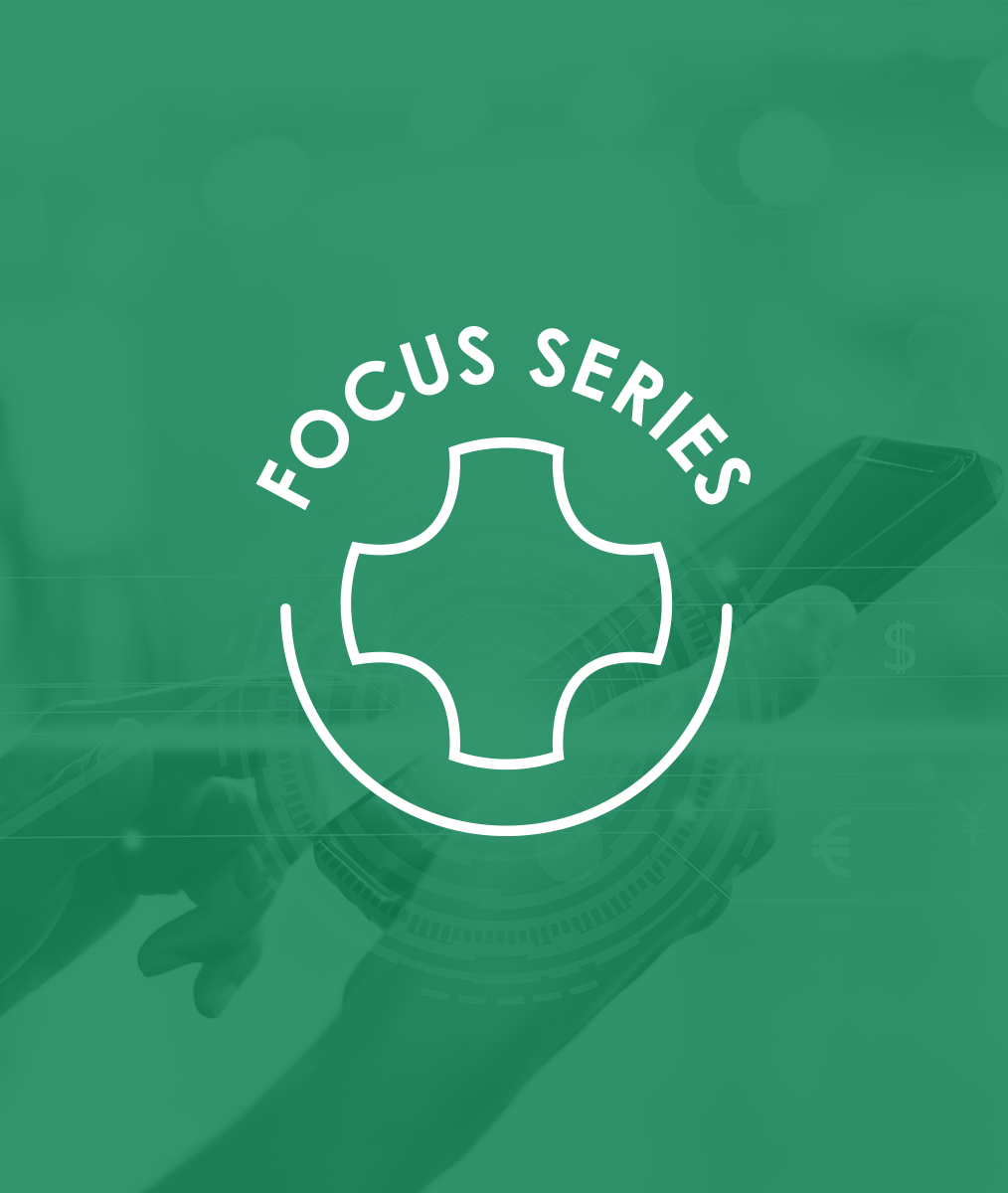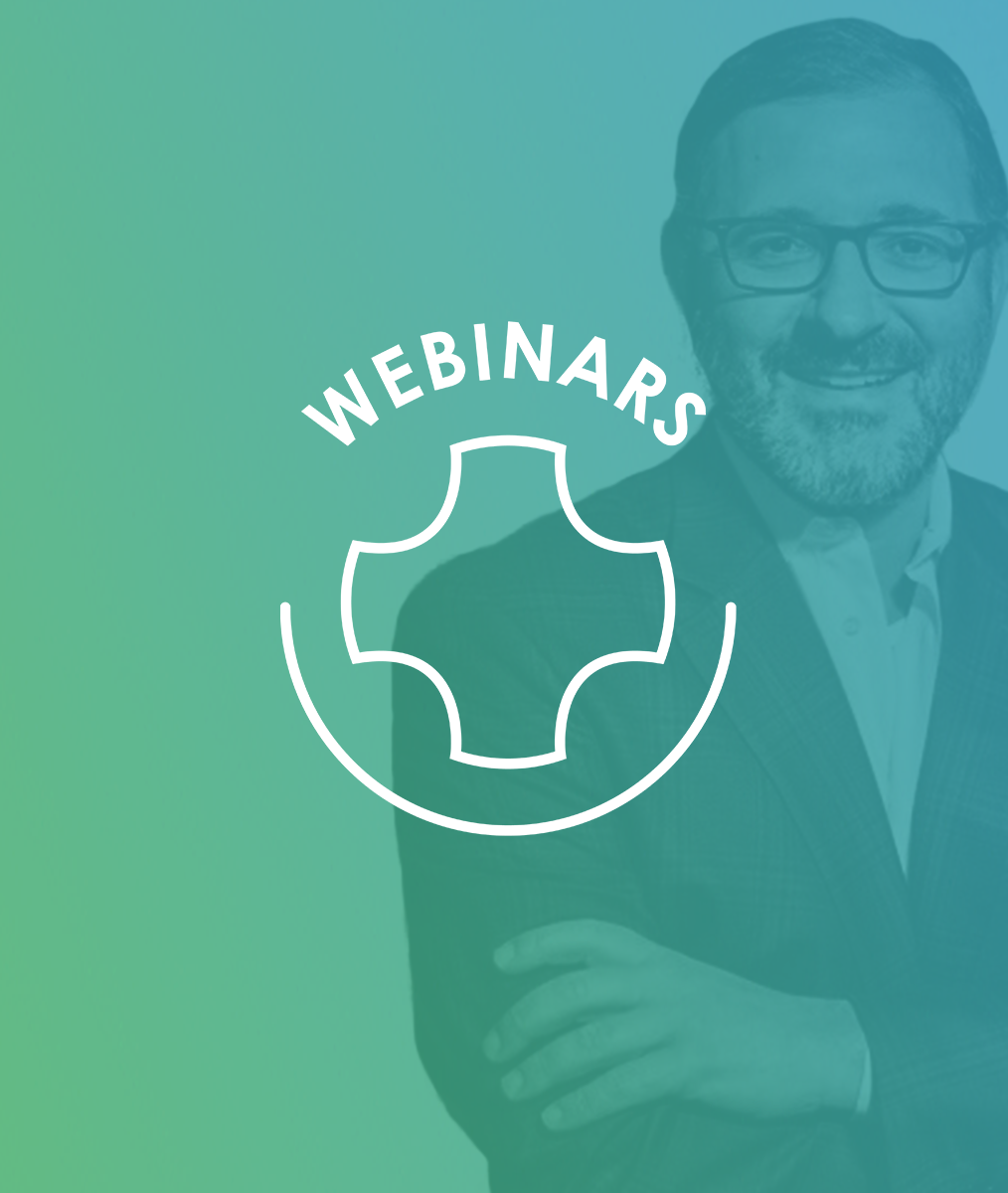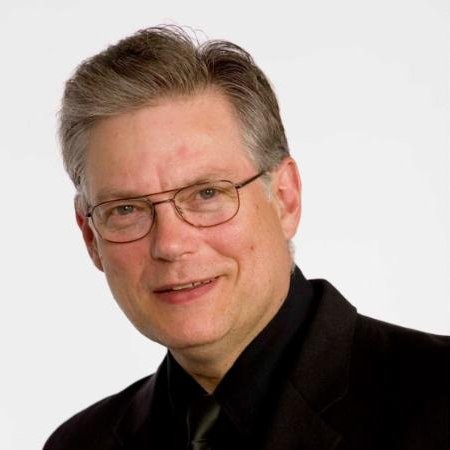Positive Psychology (Part 2)
By Paul A. Henny, DDS
How are you doing in your quest for a “positive” life?
Martin Seligman PhD spent most of his career at the University of Pennsylvania advancing the concept known today as “Positive Psychology.” He states that Positive Psychology is “the scientific study of what makes life most worth living.” Along the way, Martin identified five core elements highly associated with psychological well-being and happiness. He believes understanding these five elements helps us to create more fulfillment, happiness, and meaning in our life.
In Part 2 of this two-part series, we’ll pick up where I left off with the third core element in Seligman’s model.
R – Relationships
Relationships and social connections are essential for the creation of meaningful lives. Human beings have been social animals since the earliest of times, hence we are hard-wired to bond and depend on each other. That worked particularly well when we functioned in small social units or “tribes.” The tribal unit allowed us to easily ascertain who was friend or foe. It also allowed us to know who to pay attention to, ignore, and with whom we should invest our time and energy.
In our modern-day world, the historical notion of tribes has largely been broken and replaced by sub-sects of people who are clustered together around common interests, agendas, and values, brought together in new and different ways. Social media now connects people from around the world in ways we never could have imagined 20 years ago. So, this has created a situation where we don’t know our neighbors, but we do know intimate details about our friends in Australia, Tampa, and Kansas City.
Since we are less tribal in the historical sense, we have lost our ability to easily trust those who are around us, as we can no longer assume they share our values and priorities. That is WHY the relationship-based practice model is so valuable today.
The relationship-based practice model is a vehicle of connection that can be used to co-discover our similarities as well as areas of disagreement. Alignment of values, goals, perspectives, and efforts are key to successfully advancing health. Strong interpersonal relationships are the key to the door which opens up all of those possibilities.
M – Meaning
Some people work to live, while others live to work, with the latter meaning that a person has been successful at merging their life purpose with their daily work. And when work becomes meaningful on a deeply personal level, it evolves into becoming much more than just a “job.”
With the ever-expanding discovery of connections between oral health and whole health, dentistry now stands at the forefront of a huge new opportunity – the opportunity to help others to grow, develop, and maintain whole health over their entire life
A – Accomplishments
Living a values-driven, purposeful life, integrated with how we practice, aligns ourselves with the achievement of deeply meaningful accomplishments on a daily basis. Helping others in deeply meaningful ways, and then being rewarded with appreciation and appropriate compensation, establishes a self-sustaining cycle, and a successful model for living.
That’s why you will commonly see relationship-based dentists practicing into their 70’s. Their sense of purpose as they continue to accomplish meaningful work is what motivates them to return to the office and continue striving to help patients, coach younger dentists, and create an-ever-happier positive environment.
An Easy Acronym to Remember: PERMA
A great to start your day might be to remember what each letter of PERMA stands for:
- Positive Emotion
- Engagement
- Relationships
- Meaning
- Accomplishments
How will these five elements of Seligman’s model fit into your quest for a sense of wellness and happiness today? How will these fit into your quest to serve and help others?
Related Course
Creating Financial Freedom
DATE: March 6 2025 @ 8:00 am - March 8 2025 @ 2:00 pmLocation: The Pankey Institute
CE HOURS: 16
Dentist Tuition: $ 2795
Single Occupancy with Ensuite Private Bath (per night): $ 345
Achieving Financial Freedom is Within Your Reach! Would you like to have less fear, confusion and/or frustration around any aspect of working with money in your life, work, or when…
Learn More>
















